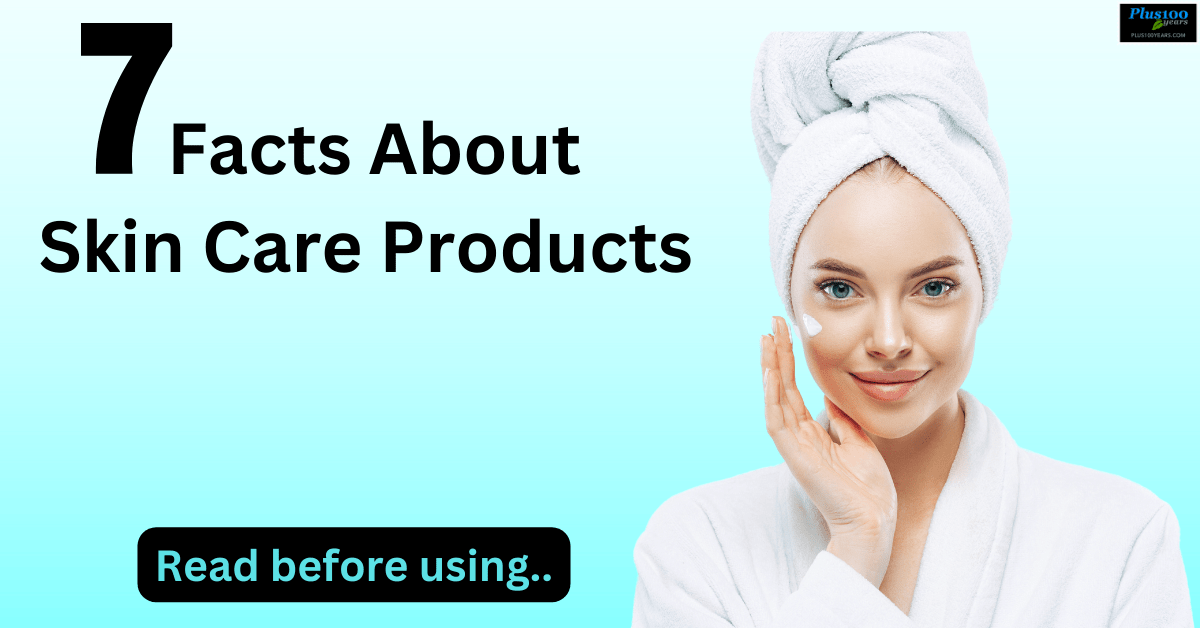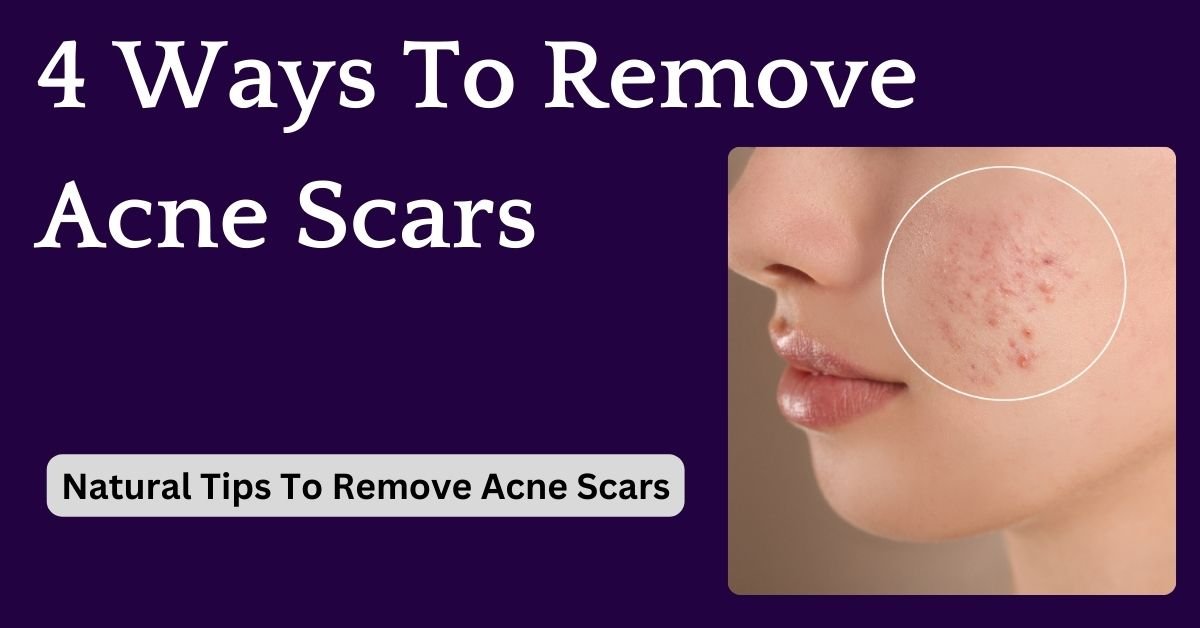The skincare industry is booming, with billions of dollars spent on products that promise to give us perfect, flawless skin.
The skin care products market is projected to reach a valuation of USD 226.59 Bn by 2032 at a CAGR of 5.1%, from USD 137.79 Bn in 2022.
The skincare industry is booming, with billions of dollars spent on products that promise to give us perfect, flawless skin.
The skin care products market is projected to reach a valuation of USD 226.59 Bn by 2032 at a CAGR of 5.1%, from USD 137.79 Bn in 2022.
However, with the market being this large there is so much misinformation and false advertising out there. It will be all too easy to fall victim to skincare myths.
These myths can be harmful, not only wasting our money but also potentially damaging our skin in the process.
That's why it's important to separate fact from fiction and educate ourselves on evidence-based skincare practices.
By doing so, we can make informed decisions and achieve healthy, glowing skin.
In this blog, we'll separate fact from fiction and debunk the most common skincare myths to help you achieve healthy, glowing skin.
Myth #1: You only need sunscreen on sunny days
Truth: Sunscreen is not only needed when it is shining, but many people mistakenly believe this. Your skin can still be exposed to UV radiation even when the clouds are not there.
Did you know that up to 80% UV radiation from the sun can reach the earth even when it is cloudy?
This means that going unprotected on an overcast day can still lead to skin damage. It's essential to opt for broad-spectrum protection that offers UVA/UVB protection to keep your skin well-protected.
Myth #2: Natural Skincare is Ineffective
Truth: In the world of skincare, it's easy to fall for products with eye-catching packaging and quick-fix promises. But the truth is, repairing, healing, and rejuvenating the skin takes time. And this is where natural skincare products come into play.
Contrary to popular belief, natural skincare is not ineffective. In fact, it's quite the opposite. Natural skincare products are made with 100% authentic ingredients that have medicinal properties, making them highly effective in producing long-lasting results.
Mentioned below are some effective natural remedies you can try:
- Turmeric and Milk: Turmeric is known for its antiseptic and antibacterial properties, making it an excellent ingredient for maintaining healthy skin.
- Aloe Vera: Aloe vera has anti-inflammatory and healing properties that can soothe and nourish your skin.
- Honey and Lemon: Honey is a natural humectant that helps to moisturize and hydrate your skin. Lemon has natural bleaching properties that can help to lighten and brighten your skin.
- Coconut Oil: Coconut oil is an excellent moisturizer that can help to nourish and hydrate your skin.
- Rose Water: Rose water is a natural toner that can help to balance the pH of your skin and tighten your pores.
Myth #3: Expensive skin care products are always better
Truth: Don't be fooled by the price tag when it comes to skincare. Just because a product is expensive doesn't necessarily mean it's of high quality.
While luxurious packaging and flashy marketing may seem appealing, it's crucial to focus on the ingredients and their effectiveness.
Rather than being swayed by fancy advertising, take the time to carefully read the label and look for active ingredients that are supported by scientific research.
These ingredients have been proven to be effective in addressing various skin concerns, such as fine lines, dark spots, and acne.
Also Read : 3 Simple Tricks to get Glowing Skin in Summer
Myth #4: You do not need anti-aging products while you are young.
Truth: There's a common myth that you don't need to use anti-aging products until you're in your thirties.
However, it's never too early to start using them. Anti-aging products, particularly those with antioxidants, can be used as early as age 21.
The earlier you start, the better. It's crucial to use anti-aging products that are appropriate for your skin type.
Products with potent active ingredients such as retinol can be added to your regimen in your mid to late 20s.
Alternatively starting with natural ingredients at a young age can give effective results when you become old
Following are natural anti-aging products you can use:
- Turmeric Face Mask: Turmeric has been used in India for centuries for its healing and anti-inflammatory properties.
- Coconut Oil Massage: Coconut oil is rich in antioxidants and is an excellent moisturizer for the skin.
- Amla Juice: Amla is rich in Vitamin C and antioxidants that can help reduce fine lines and wrinkles.
- Neem Face Pack: Neem has antibacterial and anti-inflammatory properties that can help prevent acne and reduce fine lines and wrinkles.
- Rose Water Toner: Rose water is a natural astringent that can help tighten pores and improve skin texture.
Myth #5: You should wash your face with hot water to open your pores
Truth: The myth of hot water opening pores is just that – a myth. Pores don't open and close.
Hot water can cause more harm than good. It actually strips the skin of its natural oils.
This eventually leads to dryness and irritation. Instead, use lukewarm or cool water to cleanse your face.
While many people believe that washing your face with hot water opens your pores, this is a myth.
Our pore sizes do not change when coming in contact with water, nor are they sensitive to its temperature.
In fact, when hot water comes in contact with our skin, the outer layers of our skin swell up, making our pores look more open.
The best practice is to wash your face with lukewarm water.
Myth #6: Exfoliating every day is good for your skin
Truth: While exfoliating can remove dead skin cells, it can also cause skin irritation and dryness.
Avoid harsh scrubs, which can cause skin micro-tears. Use gentle exfoliation only once or twice per week.
To protect your skin barrier, make sure you apply a thick moisturizer or hydrating lotion after exfoliating.
Mentioned below are two main types of exfoliation: physical and chemical.
Physical exfoliation involves using a scrub to physically remove dead skin cells.
Chemical exfoliation uses acids to dissolve dead skin cells.
If you prefer a natural approach to exfoliation, Some popular options include:
- Sugar: Mix sugar with a carrier oil like coconut oil or olive oil to create a gentle scrub.
- Oatmeal: Mix ground oatmeal with water to create a gentle paste that can be used as a facial scrub.
- Coffee grounds: Use leftover coffee grounds as a body scrub for a natural exfoliant and caffeine boost.
If you prefer a skincare product, look for a product that contains chemical exfoliants such as alpha-hydroxy acid (AHAs), or beta-hydroxy acid (BHAs). BHAs such as salicylic and glycolic acids penetrate deeper into pores to remove dead skin cells.
Also Read: 5 Best vitamins for skin that are essential for flawless skin
Myth #7: You can apply skincare products in any order.
Truth: There is a correct order in which to apply your skincare products if you want each product to be absorbed properly and do its job.
To seal in moisture and hydration, you should apply your products starting from the thinnest to the thickest.
Here's a step-by-step guide to help you remember the correct order:
Cleansing: Start by cleansing your skin to remove any dirt, oil, or makeup residue. This step prepares your skin to absorb the rest of the skincare products more effectively.
Toning: Follow up with toners or mists to balance your skin's pH levels and hydrate your skin.
Serum: Apply a serum that targets your specific skin concerns.
Moisturizer: After the serum has been absorbed, apply a moisturizer to lock in hydration and nourish your skin.
Sunscreen: Protect your skin from harmful UV rays by applying a broad-spectrum sunscreen with at least SPF 30.
Makeup: If desired, apply makeup products last.
In the end, when it comes to skincare, there is a lot of misinformation out there. It's important to separate fact from fiction and debunk these common skincare myths.
Don't fall for marketing gimmicks and always read the label of consumer goods to look for active ingredients backed by science.
Remember that natural remedies can be effective but should be used with caution, and exfoliating should be done in moderation with gentle products.
Finally, following a proper skincare routine with the correct order of application can make all the difference in achieving healthy and glowing skin.
By understanding and implementing these tips, you can take charge of your skincare and achieve the results you desire.




